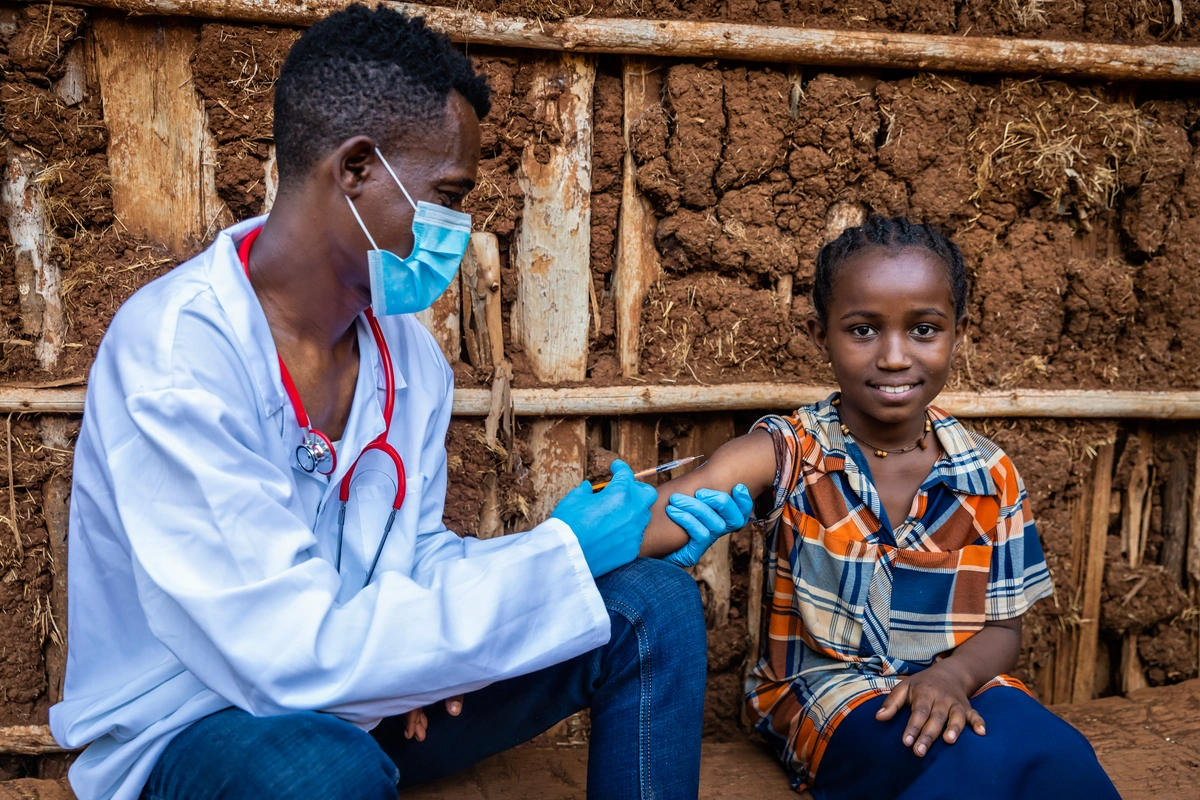
From a shortage of vaccinators to long waiting times, there are a whole host of issues to face on the front line of immunisation service delivery.
In developing countries, healthcare facility managers and frontline workers regularly report that facilities have inadequate child vaccination procedures in place. There are around 20.5 million children missing out on life saving vaccines globally each year, showing that further improvements are needed.
A shortage of vaccinators, half-day vaccination slots, a lack of outreach sessions and delivering these sessions in the wrong location are problems leading to children missing out on vaccinations. It can take several hours before a child leaves a health facility, with or without a vaccination. This is in spite of vaccinations taking only a few minutes to deliver. Sometimes, children will not even be vaccinated after queuing patiently for extended periods. This is often because of vaccination or staff shortages.
“Sometimes, children will not even be vaccinated after queuing patiently for extended periods.”
Additionally, when children miss out on vaccinations, their parents can become frustrated. To avoid potential disappointment, caregivers may not take their children back to health facilities for further vaccinations. All of the above assumes parents know where the relevant health facilities are located. Due to poor communication between health facilities, many parents are unaware of vaccine availability on selected days.
Aside from vaccine shortages, there are many other reasons why children cannot always receive their needed vaccinations. For example, in one country where we work, there are only 1-2 measles-containing vaccine (MCV) days taking place per week at health facilities across the capital city. Consequently, there are limited vaccination opportunities for children. This city also faces the frequent problem that there are not enough children to justify opening vials at many health facilities.
Overcoming challenges on the immunisation front line
Whether staff shortages or a lack of outreach sessions, there are a wide array of problems to overcome on the immunisation front line. Holding frontline workers accountable and allowing them to suggest and implement solutions are two ways to overcome these challenges.


